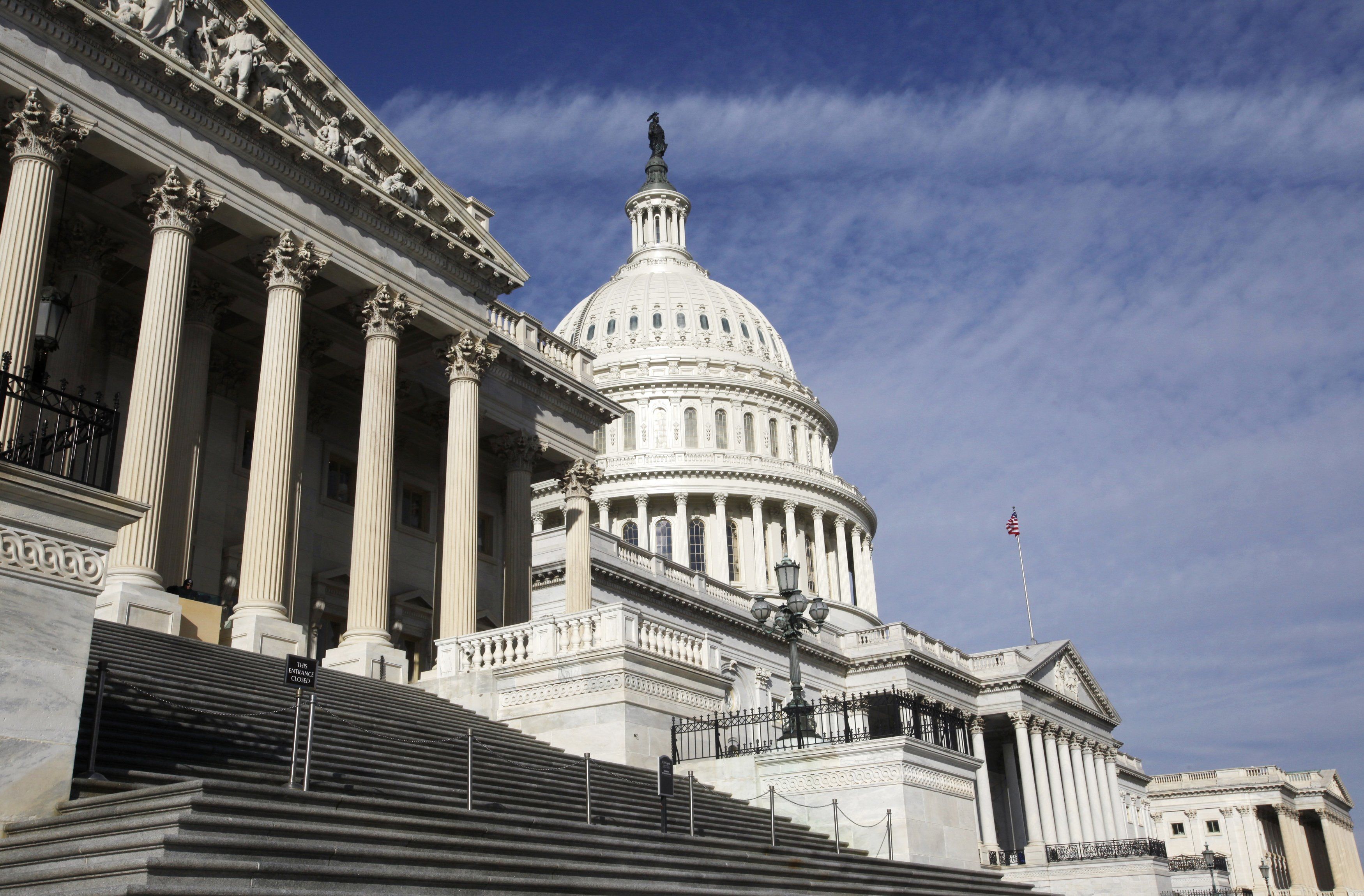August 06, 2023
New polling data has found that the majority of Americans now oppose Congress sending more support for Ukraine. As of mid-July, the US has sent the country upwards of $75 billion in aid.
The CNN/SSRS poll showed that a narrow majority – 55% of Americans – oppose Congress sending more cash to Ukraine, and that half of Americans think the US has already “done enough” to help the country fend off Russian aggression. In the days right after Russia’s February 2022 invasion, by comparison, nearly two-thirds of Americans favored giving more help to Ukraine.
The near 50-50 split in responses falls down partisan lines, with about 60% of Republicans seeing US support as sufficient, while a similar cut of Democrats believe Washington should still do more. A majority of Independents tended toward the Republican view.
Still, when asked separately what kind of assistance the US should provide to Ukraine, two-thirds of Americans favored intelligence support and a slim majority preferred training Ukrainian troops. Only 43% supported more weapons for Kyiv.
These numbers, coupled with grim accounts of Ukraine’s counteroffensive, could complicate President Joe Biden's ability to push Congress to approve more aid, especially since the poll also reported that 53% of Americans disapprove of how Biden has handled the war.
Meanwhile, on the Republican side, many 2024 presidential hopefuls are running campaigns against the US supporting Ukraine. At the Family Leadership Summit – an important Republican campaign event – Tucker Carlson presided over a discussion on candidates’ views on the war, revealing the stark divide between hawkish Republicans, like Mike Pence, who believe it's the US’ duty to support Ukraine, and candidates who are more concerned with domestic issues than funding a foreign war.
Both the leading candidates – former President Donald Trump and Florida Gov. Ron DeSantis – have criticized the amount of aid the US is giving to Ukraine, making it very likely that this becomes the Republican Party stance in the 2024 election – and that Ukraine could lose one of its biggest supporters if the GOP captures the White House.
In the near term, Biden is buoyed by strong Democratic support for the war and is not facing pressure from his party to change course. But this poll suggests that Ukraine aid is likely to become an increasingly contentious issue in Congress.
More For You
World Central Kitchen staff hand out free soup in a neighbourhood that experiences electricity and heating outages following recent Russian attacks on Ukraine’s civilian infrastructure during subzero temperatures in Kyiv, Ukraine February 3, 2026.
REUTERS/Thomas Peter
1,170: The number of high-rise buildings in Kyiv that were left without heating following a barrage of Russian attacks last night on Ukraine’s capital and its energy facilities, per Kyiv Mayor Vitali Klitschko.
Most Popular
What We’re Watching: US critical minerals summit, Rafah crossing reopens, Border violence in Pakistan
Feb 02, 2026
U.S. President Donald Trump and Japanese Prime Minister Sanae Takaichi hold up signed documents regarding securing the supply of critical minerals and rare earths, at a bilateral meeting at Akasaka Palace in Tokyo, Japan, October 28, 2025.
REUTERS/Evelyn Hockstein
Representatives from the European Union, United Kingdom, Japan, and others will meet in Washington this week to discuss a strategic alliance on critical minerals.
Hard numbers: Large protests in Czechia, UAE-linked firm has large stake in the president’s company, & More
Feb 02, 2026
People take part in a rally in support of Czech President Petr Pavel, organised by Million Moments for Democracy group in reaction to dispute between President Pavel and Czech Foreign Minister and Motorists chair Petr Macinka, in Prague, Czech Republic, February 1, 2026.
REUTERS/Eva Korinkova
80,000: The number of people estimated to be in the streets of Czechia on Sunday to show their support for President Petr Pavel after he blocked the nomination of an environmental minister who performed the Nazi salute and posted Nazi memorabilia.
US President Donald Trump and musician Nicki Minaj hold hands onstage at the US Treasury Department's Trump Accounts Summit, in Washington, D.C., USA, on January 28, 2026.
REUTERS/Kevin Lamarque
The US has started handing $1,000 to the bank accounts of newborn babies. But can policies like this one help boost sagging birthrates in advanced democracies?
© 2025 GZERO Media. All Rights Reserved | A Eurasia Group media company.
